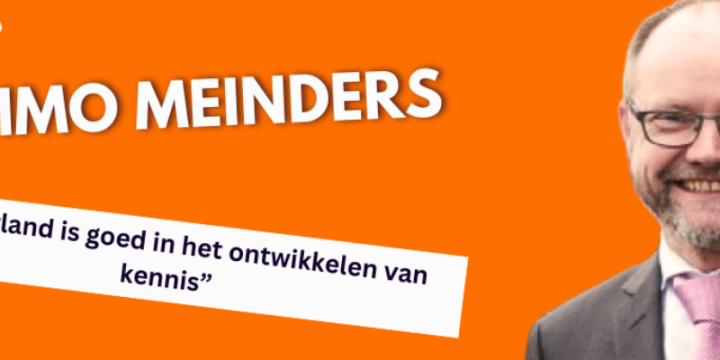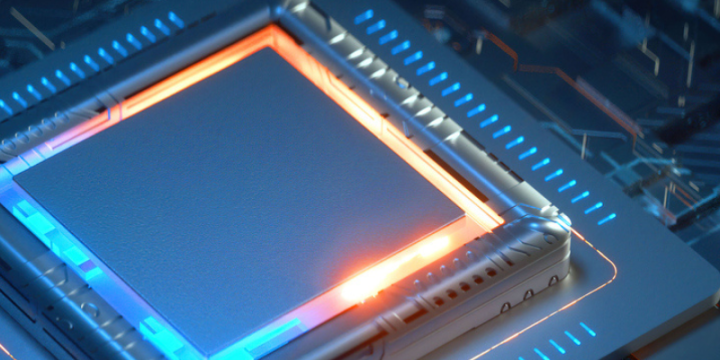The battery industry is at a tipping point. While demand for electric vehicles (EVs) fluctuates and the market faces geopolitical and economic uncertainty, European players are under increasing pressure to stay competitive. This is one of the key findings from the latest edition of the Battery Monitor 2024/2025 by Roland Berger, which outlines the current challenges and opportunities in the battery value chain.
Roland Berger (RB), a member of RAI Automotive Industry NL (RAI AINL), plays a key role in analyzing trends and developments in the sector. RAI AINL, as the representative of the Dutch automotive industry, is also one of the founding partners of Battery Competence Cluster-NL (BCC-NL) and is actively committed to strengthening the Dutch battery ecosystem.
According to Peter Engels, Programme Manager Batteries at RAI AINL and closely involved with battery developments in the Netherlands through BCC-NL, the future of the European battery sector depends on strategic collaboration and technological innovation: “To remain competitive, the European battery industry must focus not only on cost reduction and sustainability, but also on strengthening collaboration across the value chain. The Netherlands can play a key role in this, thanks to its strong innovative capacity and initiatives like BCC-NL.”
Global Competition with China and the US
The Battery Monitor 2024/2025 highlights how Chinese and American manufacturers, backed by substantial state support, are expanding their dominance in the global market. While the United States attracted significant investments through the Inflation Reduction Act (IRA), Europe has struggled with fragmentation and a less coordinated approach. As a result, European manufacturers face intense price competition and growing dependence on critical raw materials from outside the EU.
Drive Forward as Catalyst for Innovation
To secure the long-term resilience of the European sector, strengthening local value chains and stimulating innovation is essential. That is precisely the mission of Battery Competence Cluster-NL (BCC-NL). As a public-private collaboration, BCC-NL connects companies, knowledge institutions, and government bodies to accelerate the development of new battery technologies and promote investment in circular battery solutions. It also ensures that companies continue to develop in a complementary way, avoiding duplication of efforts.
“By sharing knowledge and engaging in joint R&D projects through BCC-NL, Dutch companies can strengthen their competitive position and respond to changing market demands,” says Engels.
“Initiatives such as the LLO Hub for Battery Technology, which brings education and industry together for continuous upskilling, are essential for putting the Netherlands on the map as a battery leader.”
This collaboration was prominently showcased during the Drive Forward conference, held on April 8 and 9, 2025, at the Automotive Campus in Helmond. Organized by RAI Automotive Industry NL, Brainport Development, TNO, the Province of North Brabant, and partners, the two-day event featured battery technology as a key theme across various sessions. BCC-NL was actively involved, contributing speakers, expert sessions, and in-depth content that demonstrated the concrete steps the Netherlands is taking within the European battery value chain. Key insights from the Battery Monitor were shared and translated into actionable steps within the ecosystem.
“Drive Forward offered a unique opportunity to reflect on our current position and to define the collaborations needed to strengthen Europe’s resilience and competitiveness in batteries,” Engels added.
Toward a Resilient European Battery Industry
With the right investments and strategic alliances, Europe can maintain a strong position in the global battery market. However, this requires decisive action and a joint strategy. RAI AINL and BCC-NL are actively contributing by pooling knowledge, supporting innovative projects, and advising policymakers.
The coming years will be crucial for the European battery sector. By working together smartly and continuously innovating, the Netherlands can remain a key player in the transition and serve as a bridge between industry and government to shape Europe’s battery future. Drive Forward 2025 played an important role in making these partnerships concrete and advancing the conversation on the future of battery technology.





